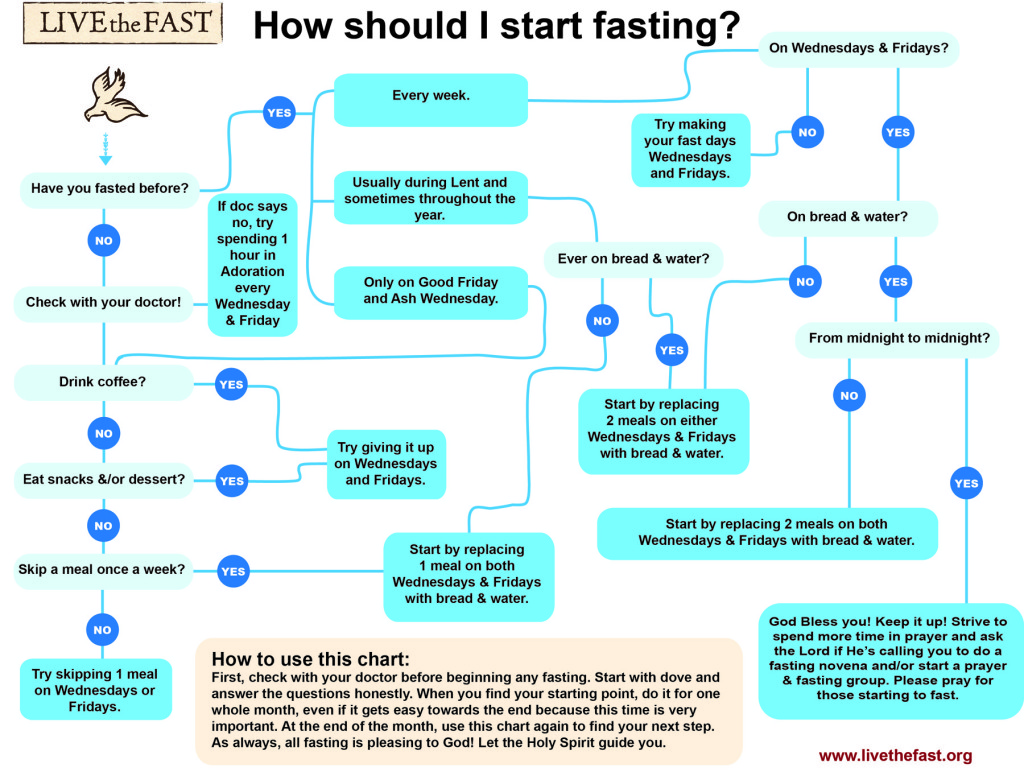An unexpected Evangelization Moment—Distributing Ashes on Ash Wednesday in Walmart
The USCCB states that evangelizing means bringing the Good News of Jesus into every human situation. So how can we everyday Catholics always be prepared to evangelize?
Our behavior and our actions and the words we use are tools for evangelizing. They show that we are Christian. Saying grace before meals while in a restaurant with family or friends, or simply having an “I Love Jesus” bumper sticker on your car, gives a powerful message. You get the idea.
Many times things happen that are “in our face,” and we have only a moment or so to decide what to do: Should we stay and help or keep on walking? It is very easy to ignore a situation, but that is not what the Good Samaritan did, is it? What follows is an example of one of those unexpected moments.
I am an Extraordinary Minister of Holy Communion (EMHC), and on Ash Wednesday, on my way home after distributing ashes and Holy Communion, I decided to make an unplanned stop at Walmart. I did not have to go there; there was nothing specific I needed, but there was the store and the next thing I knew, the car was parked. As I walked toward the entrance I decided I needed double-A batteries. I did not truly need them, but I guess I had to validate my being there.
As I walked into the store, the express lanes were ahead and to the right. Ahead and to my left was McDonald’s. Outside McDonald’s was a bench, and sitting in it was Rachel, an elderly lady I knew from church. We have been friends for a long time. I walked over to her to say “hi,” and she looked at my forehead and said, “Oh, Larry, it’s you. We forgot today was Ash Wednesday. We didn’t get ashes.”
Let the unplanned evangelizing begin.
Rachel weighs about 70 pounds soaking wet and she is in her late eighties. Her husband, Jim, has Parkinson’s disease and is about the same age. They had both been widowed, met in church, and have been married for about fifteen years. I was still in my shirt and tie and wearing my EMHC cross. Next thing you know I was sitting next to Rachel, praying with her and placing ashes on her forehead. When I finished, I asked her, “Where is Jim?”
Jim was on the line in McDonald’s. The entrance was about fifty feet from where we were sitting. As I got up to find Jim, I noticed there were about a half-dozen people standing there watching us. It dawned on me that there were some people wondering why I was smearing dirt on an old lady’s forehead. I simply looked at them all and said, “Hi folks, today is Ash Wednesday. You can Google it.”
I turned and headed into the restaurant. There stood Jim, about eighth in line with about ten more people behind him. The place was packed and the poor guy was standing there with his left forearm and hand trembling unmercifully. I walked up to him and he was stunned to see me. I said as quietly as I could, “Jim, I just gave Rachel ashes. Would you like to have them too?”
As I stood praying softly with Jim, our audience began to grow. By the time I placed ashes on his forehead more people were coming over to see what was going on. I did hear some people mention, “Ash Wednesday.”
That was my impromptu cue. I turned and faced the gathering crowd and raised my hands in the air. “Hey everyone, today is Ash Wednesday. I am Catholic, as are my friends here, whom I just happened to bump into. They were unable to get to Mass today so they are receiving ashes which remind us to ‘remember that we are dust and into dust we shall return’.”
I actually gave several more people ashes, but then I had none left. I know a lot of people, religious and non-religious alike, watched the unscripted distribution of the ashes. It was an evangelization moment for sure, and it all happened in less than fifteen minutes. I also know it had to be my guardian angel who helped me pull that steering wheel to the right, leading me into Walmart.
I never did get the batteries.
Copyright 2019 Larry Peterson


